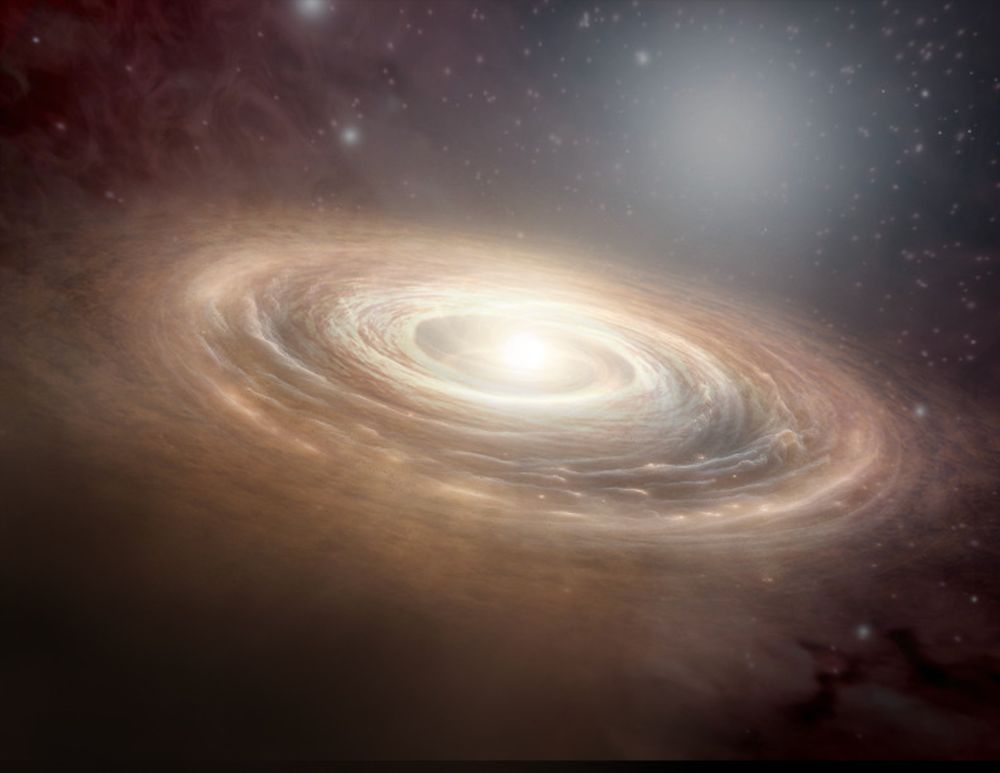

Hope to see you all there!

Hope to see you all there!
1. How do habitable planets form? 🪐
2. How does life emerge on habitable planets? 🧬
Full information at: wicor.wisc.edu/postdoc/
Apply by Nov 15
🔭 🧪
#postdoc #hiring


New simulations by UW-Madison recent undergrad alum Devansh Mathur show that if enough solid material is funneled inward, both a hot Jupiter and its inner companions could form in situ. Accepted to PASP: arxiv.org/abs/2510.135... #exoplanets

New simulations by UW-Madison recent undergrad alum Devansh Mathur show that if enough solid material is funneled inward, both a hot Jupiter and its inner companions could form in situ. Accepted to PASP: arxiv.org/abs/2510.135... #exoplanets

I wrote about the science (and surprises) of white dwarf planets at The Conversation. theconversation.com/earth-size-s...

I wrote about the science (and surprises) of white dwarf planets at The Conversation. theconversation.com/earth-size-s...

The AAS is pleased to announce the Chambliss Astronomy Achievement Student Award winners from the 246th AAS meeting in Anchorage, Alaska, in June 2025. Congratulations, all! aas.org/posts/news/2... 🔭

The AAS is pleased to announce the Chambliss Astronomy Achievement Student Award winners from the 246th AAS meeting in Anchorage, Alaska, in June 2025. Congratulations, all! aas.org/posts/news/2... 🔭
ls.wisc.edu/news/from-ea...

ls.wisc.edu/news/from-ea...
Excited to announce that this project I’ve been working on these last few years has been published!
Read more at : arxiv.org/abs/2506.13004
More info in the 🧵





Our new paper led by Thomas MacLean (senior UG off to Stanford) explores how stellar spin-down and system architectures affect the visibility of inner & outer companions.
Read more: arxiv.org/abs/2505.11637

Our new paper led by Thomas MacLean (senior UG off to Stanford) explores how stellar spin-down and system architectures affect the visibility of inner & outer companions.
Read more: arxiv.org/abs/2505.11637
We'll talk about exoplanets, the search for life, and the new WiCOR center at UW.
Locals can listen on FM 88.7, or online www.wpr.org/shows/larry-...

We'll talk about exoplanets, the search for life, and the new WiCOR center at UW.
Locals can listen on FM 88.7, or online www.wpr.org/shows/larry-...


For those hiring - Alyssa is applying to grad schools and post-bac positions now. #exoplanets

For those hiring - Alyssa is applying to grad schools and post-bac positions now. #exoplanets

